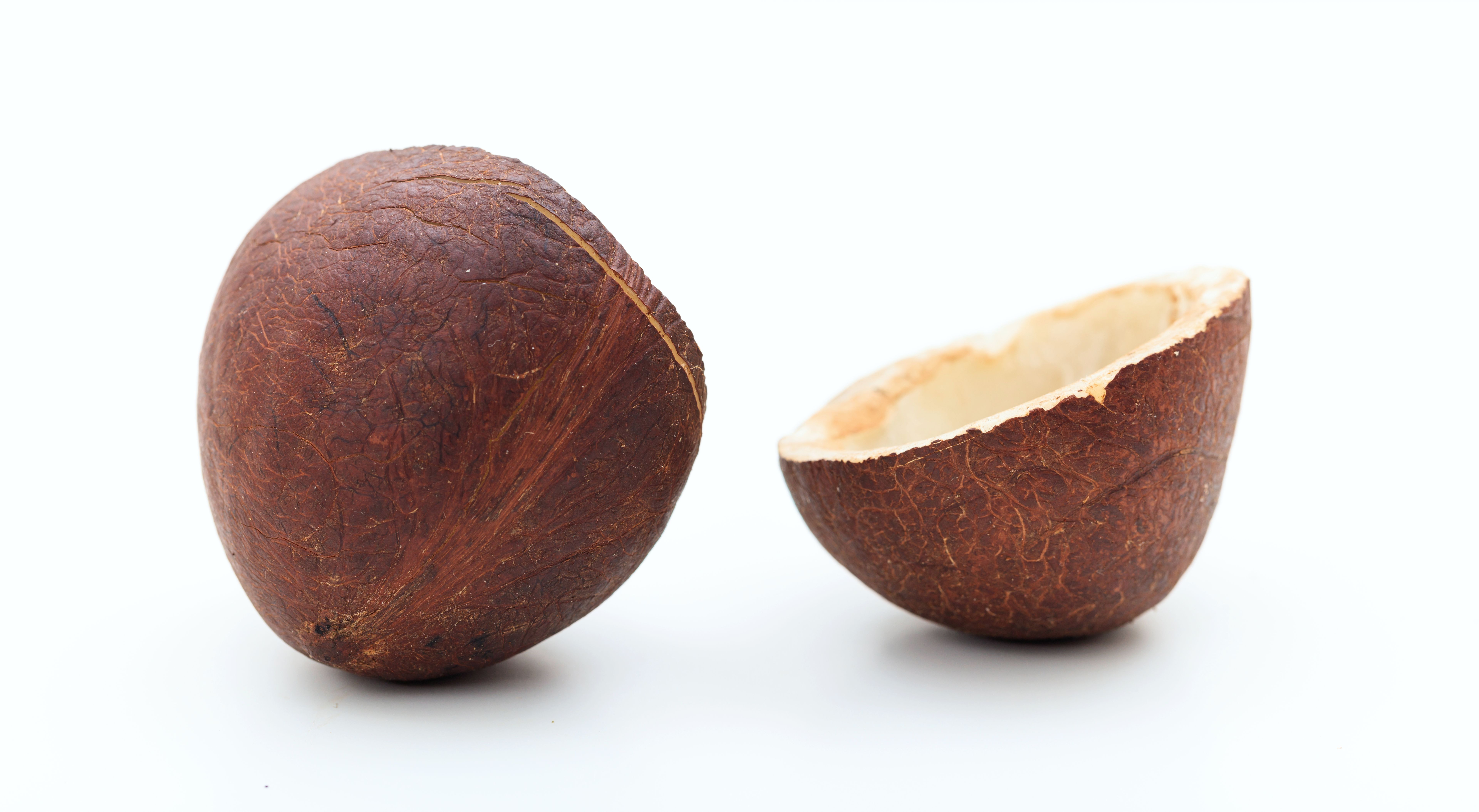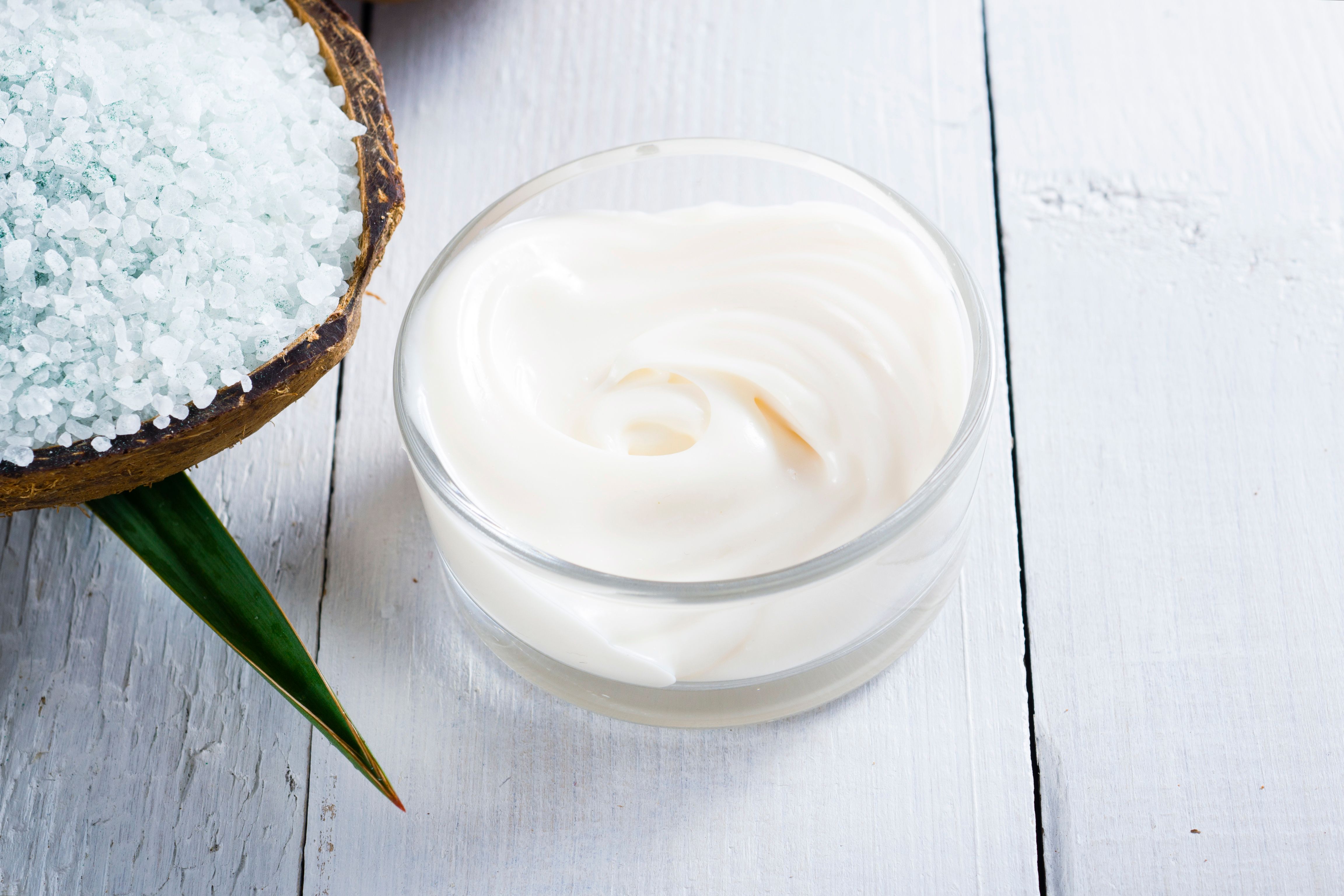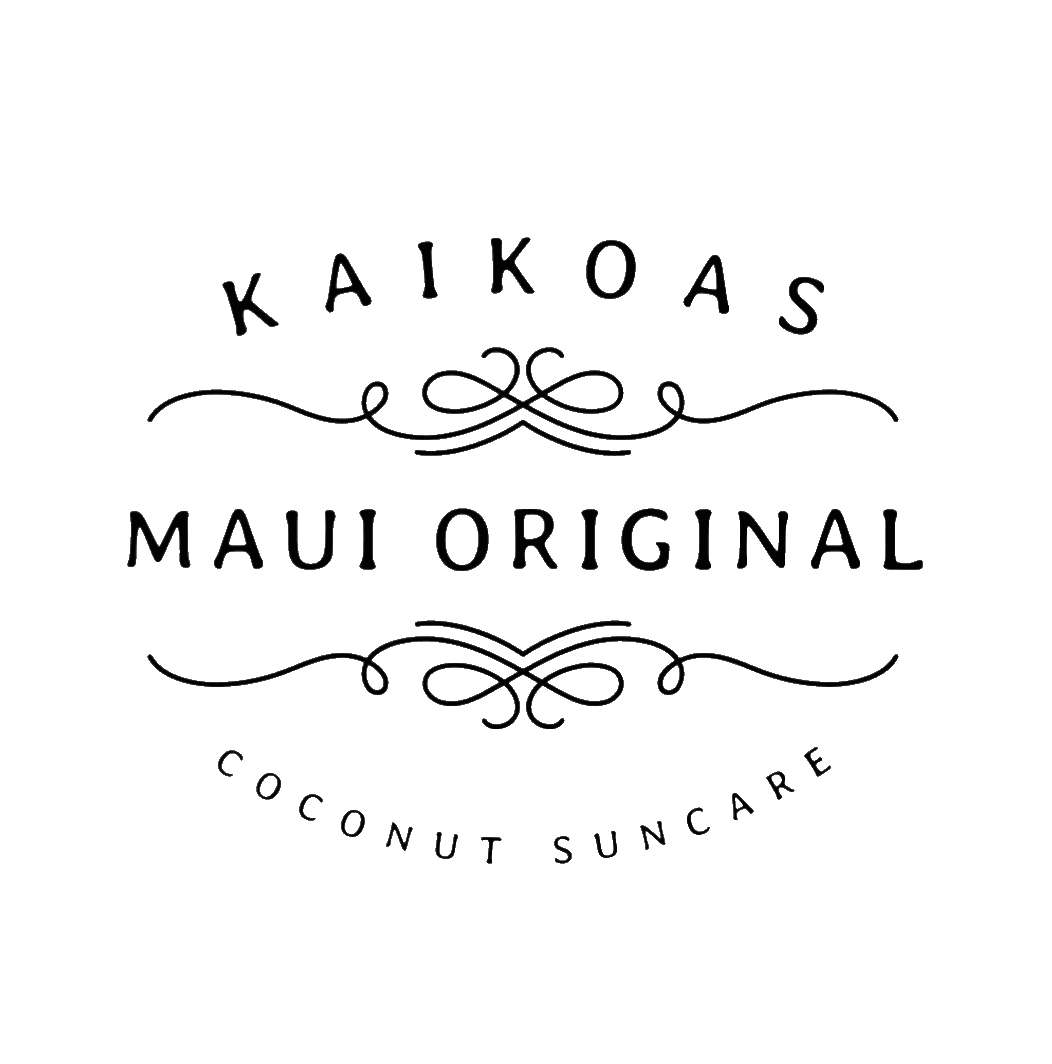Is Coconut Oil Good for Acne and Dry Skin? What Science Says
Understanding Coconut Oil
Coconut oil has gained significant popularity in recent years, especially for its beneficial effects on skin health. Extracted from the meat of mature coconuts, it is rich in fatty acids and vitamins that can nourish and rejuvenate the skin. This natural oil is especially lauded for its potential to improve conditions like dryness and acne.

One of the key components of coconut oil is lauric acid, which possesses antimicrobial properties. This makes it particularly useful in combating acne-causing bacteria. Additionally, its high fatty acid content helps in moisturizing and hydrating dry skin, providing a dual benefit for those who struggle with both dryness and acne.
The Benefits for Dry Skin
For individuals with dry skin, coconut oil can be a game-changer. Its emollient properties help to seal moisture into the skin, preventing further dryness and flakiness. The oil penetrates deeply into the skin layers, providing long-lasting hydration without leaving a greasy residue.
Furthermore, coconut oil is rich in antioxidants like vitamin E, which can protect the skin from environmental damage and promote healing. Regular application can lead to softer, smoother skin that looks and feels healthy.

How to Use Coconut Oil for Dry Skin
Using coconut oil for dry skin care is simple. You can apply a small amount directly to affected areas after your shower when the skin is still damp. This helps to lock in moisture effectively. Additionally, it can be mixed with other ingredients like honey or aloe vera for an extra hydrating boost.
Combating Acne with Coconut Oil
While it might seem counterintuitive to use oil on acne-prone skin, coconut oil can actually be beneficial when used correctly. Thanks to its antibacterial properties, it can help reduce the bacteria that causes acne breakouts. Moreover, its anti-inflammatory effects can soothe redness and swelling associated with acne.

However, it's crucial to note that coconut oil may not be suitable for everyone with acne-prone skin. Patch testing is recommended to ensure it doesn't clog pores or exacerbate existing conditions. Opting for virgin or extra virgin coconut oil, which is minimally processed, can also reduce the risk of adverse reactions.
Incorporating Coconut Oil into Acne Care
If you decide to try coconut oil for acne, start by using it as a gentle cleanser or makeup remover. Its ability to dissolve dirt and oils makes it effective in cleaning the skin without stripping away natural moisture. Rinse thoroughly with warm water after application to avoid any potential residue.
Overall, when used thoughtfully, coconut oil can be a valuable addition to both dry and acne-prone skincare routines. Its natural properties offer a gentle yet effective approach to achieving healthier skin.
